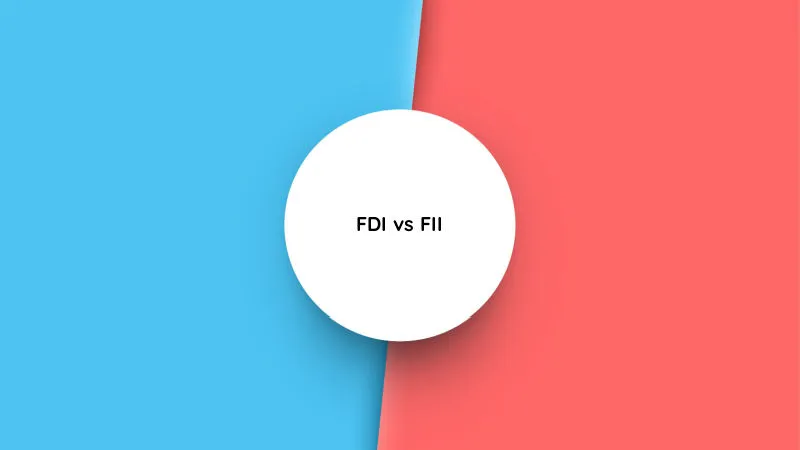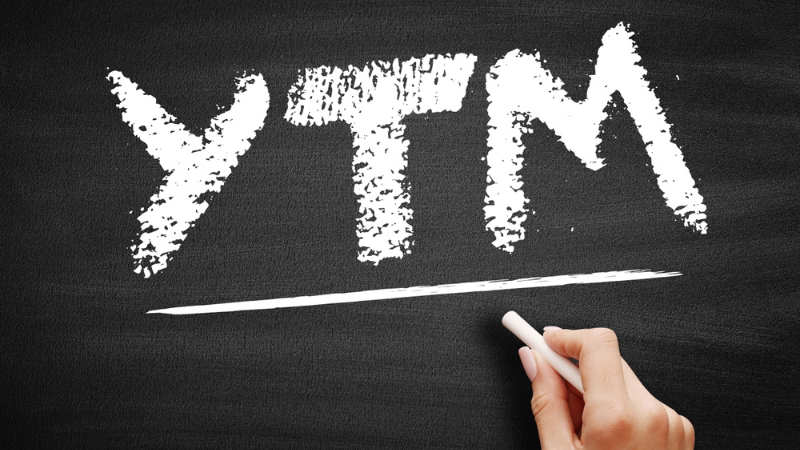
The world of technology has provided many innovations and has changed the face of many industries drastically. The innovations in the financial sector have bridged the gap that was present in the traditional banking system. The system of Decentralized Finance is one of the many innovations in the financial and banking sector and functions by removing any intermediaries. The meaning of Decentralized Finance and its related details are mentioned hereunder.
What is the meaning of DeFi?
“DeFi” stands for Decentralized Finance and refers to a new type of financial system. This system operates on a decentralized, blockchain-based infrastructure, as opposed to traditional finance which relies on centralized institutions such as banks and NBFCs. The concept of Decentralized Finance is still at a very nascent stage in India and is still in its early stages of adoption. However, with the increasing digital footprint in the country, this concept is gaining quite a lot of traction as more people become aware of its potential benefits. Some of the key benefits of DeFi include increased access to financial services, reduced costs, and enhanced privacy and security at every point of the transactions.
How does DeFi work?
DeFi works on a systematic protocol that is based on open-source code called smart contracts that are used to execute financial transactions. Anyone can access these codes for reviewing and auditing purposes as they run on the blockchain network. Users can connect or communicate with smart contracts through mobile wallets and use the platform to transfer funds, lend funds, or access any services offered by the DeFi platform.
The biggest advantage of DeFI is the absence of any intermediaries and hence the process of getting timely access to credit is quicker and more efficient as well as at relatively lower costs. DeFi functions on a secure network and the information on the blockchain cannot be altered which ensures that the transactions entered are transparent and free of any unauthorized changes.
The use of blockchain technology in DeFi enables the creation of financial products and services that are open, accessible, and transparent. It also enables new types of financial transactions that are impossible in traditional finance, such as cross-border transfers, decentralized exchanges, and peer-to-peer lending. DeFi, therefore, leverages the power of blockchain technology to create a more equitable and accessible financial system, where individuals and organizations can transact directly with one another, without the need for intermediaries.
What are the advantages of DeFi?
Some of the key advantages of the DeFin are highlighted below.
- Better Transparency
Blockchain technology not only provides enhanced security but also transparency. DeFi transactions are recorded on a public blockchain which makes it easier to track and verify financial activities at any point.
- Better Access to Financial Services
The primary advantage of DeFi is the increased access to financial services for individuals who are otherwise excluded from traditional finance. This can include customers who do not have bank accounts or credit scores which are mandatory requirements for accessing financial services.
- Reduced Costs
As there are no intermediaries in the DeFi network, the overall costs of financial transactions and fees of the intermediaries are greatly reduced. This ultimately benefits the end consumer by ensuring they have more funds at their disposal.
- Enhanced Control over Funds
In the DeFi system, consumers have greater access and control over their funds and assets as there is no presence of intermediaries and therefore, they do not have to rely on them to manage their assets.
- Increased Privacy and Security
DeFi transactions are recorded on a public blockchain. Therefore, there is a high degree of security and transparency. Additionally, there is also high regard and the possibility of protecting the privacy of consumers through the use of pseudonyms.
- Potentially Higher Returns
DeFi offers consumers the potential for earning higher returns than traditional finance. It also provides new investment opportunities to earn passive income such as yield farming and liquidity provision.
What are the disadvantages of DeFi?
The disadvantages of DeFi include:
- Complexity
DeFi is quite complex compared to the traditional banking and financial system. This can, however, be too complex making it confusing for average users. Therefore, it requires a good understanding of cryptography, blockchain technology, and smart contracts which can be too technical for users.
- Regulatory Risks
DeFi in India is at a very basic stage and, therefore, largely an unregulated market. The users are at a high risk of exposure to legal and financial risks and extreme market volatility.
- Market Volatility
Cryptocurrencies are not legal tender in India and have recently been introduced in the tax structure. Yet, there is still a lot of ambiguity and risk in dealing with VDAs. Therefore, DeFi is subject to high market volatility due to high fluctuations in the value of the cryptocurrencies and other DeFi assets on a rapid basis. Investors are therefore often exposed to huge losses if they are not cautious of their transactions..
- Technical Risks
The basis of Decentralised Finance is the use of blockchain and therefore is heavily reliant on complex technology. Therefore, the entire system can be subject to bugs, security vulnerabilities, and other technical risks that may result in the loss of funds or material information.
- Liquidity Risks
Certain protocols of DeFi protocols are yet to be developed to the optimum stage. Therefore, users may have to face issues like low levels of liquidity. These issues can make it difficult for users to buy or sell assets immediately.
- Counterparty Risks
The process of DeFi requires the users to rely on other parties to provide basic liquidity functions or execution of transactions. This leaves the users vulnerable to counterparty risks like default or fraud.
- Operational Risks
The technology for DeFi is still in its early stages of development and therefore many of the system protocols are yet to be fully tested. This can result in operational risks and technical issues for the users.
Conclusion
DeFi represents the fast-paced changing banking and financial sector that is technology driven. The applications like Decentralised Finance aids in bridging the gap in the sector and serving the underserved and ignored class of citizens that are out of the traditional banking system.
FAQs
Some of the common applications of DeFi are P2P lending, using the platform for trading in cryptocurrencies and other digital assets, and yield farming
No. The USP of DeFI is that there is no intermediary in the process for getting access to timely credit
No. There are many risks in the DeFi network like technical and operational risks, liquidity risks, and lack of customer awareness and protection
DeFi is a dynamic form of banking and is decentralised, having many intermediaries and providing more transparency than traditional banking systems. The traditional banking system is also more regulated and therefore has better-addressed issues like liquidity and trust in the system


























